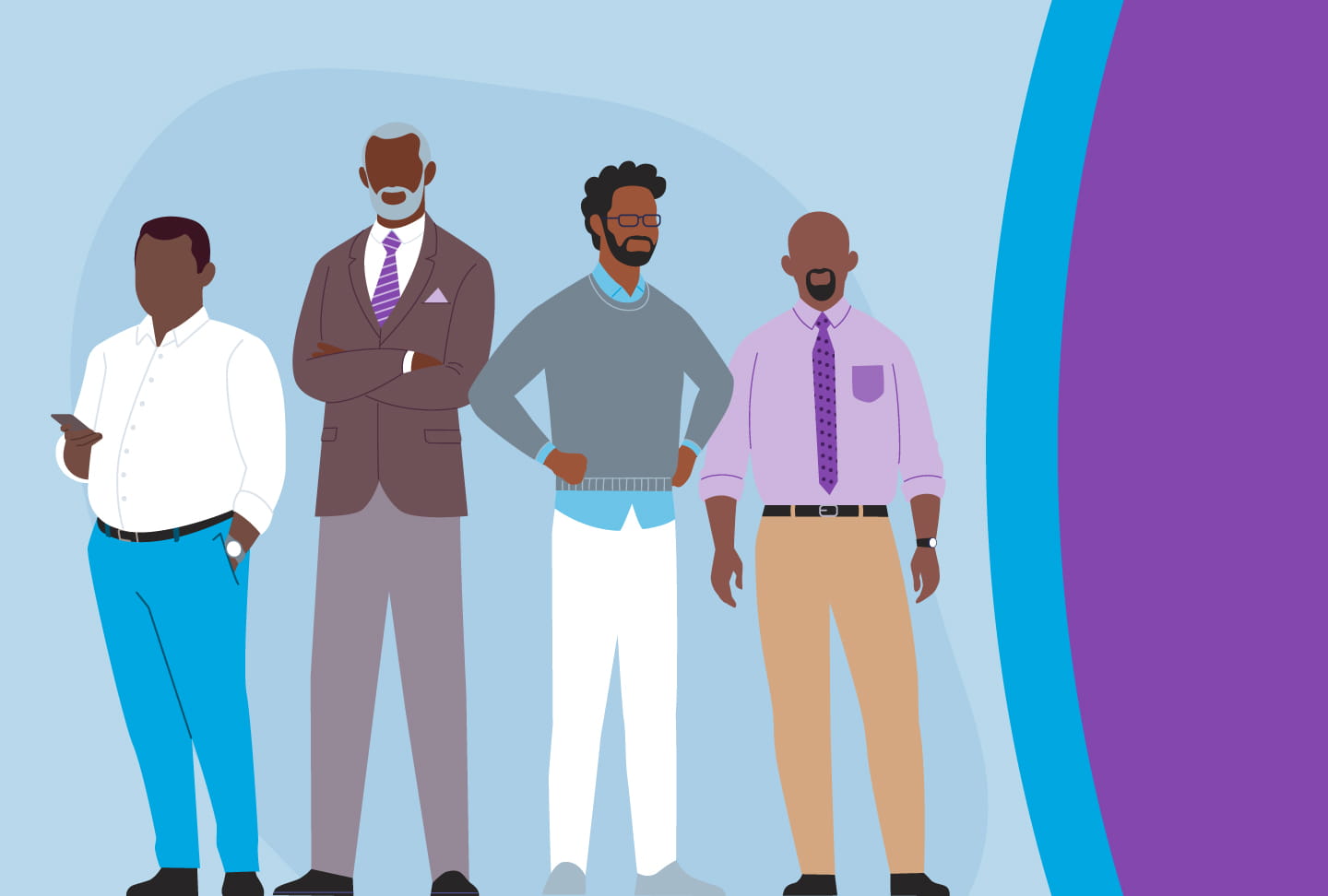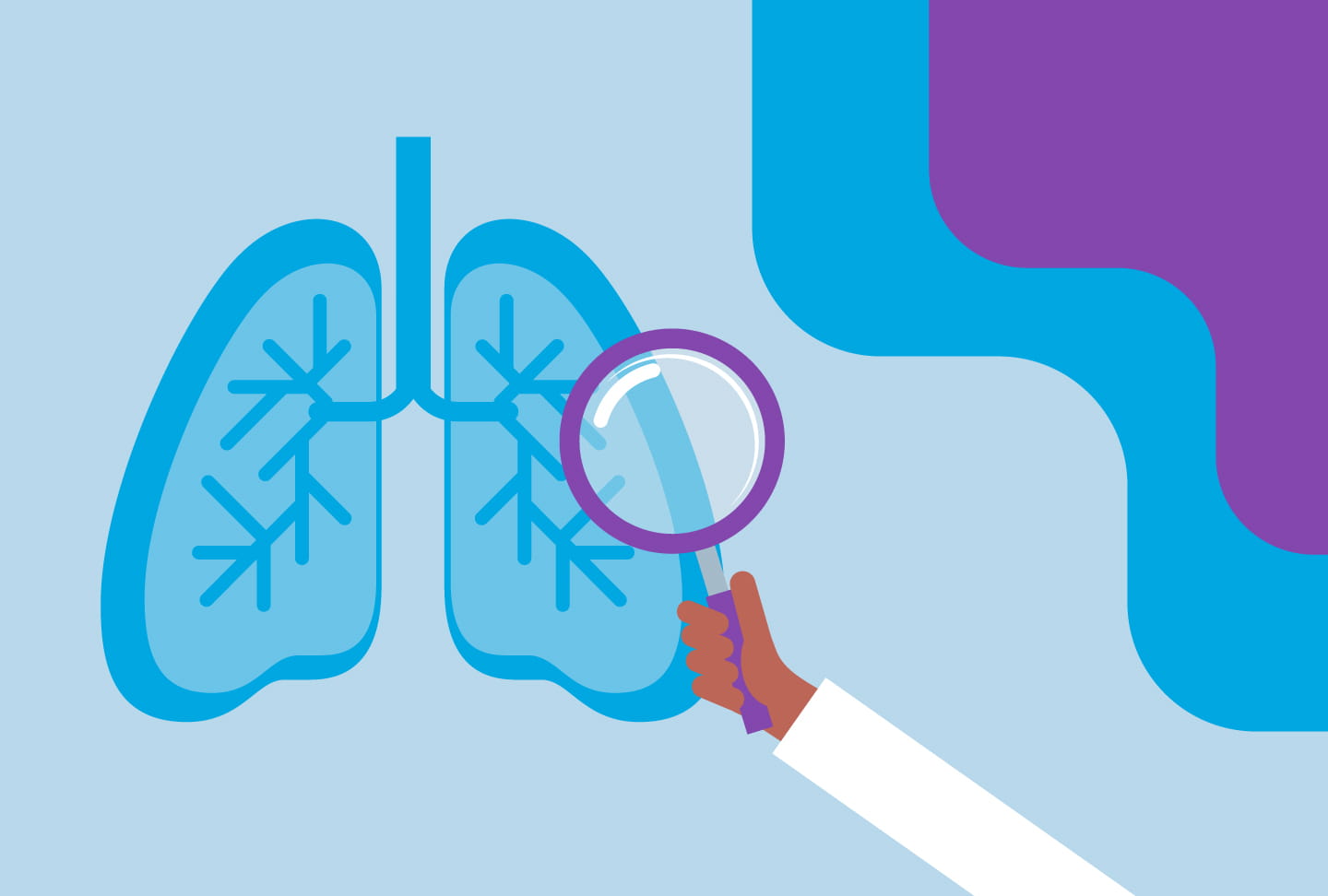Screening for prostate cancer is crucial for early detection and to help provide the best possible outcome. It is especially important for Black men to be vigilant about screening, as they are disproportionately impacted by this cancer.
About 1 in 6 Black men will be diagnosed with prostate cancer in their lifetime, compared to 1 in 8 white men, according to a report from the American Cancer Society. Prostate cancer is the second leading cause of cancer death in Black men.
The American Cancer Society recommends that men at an average risk of developing prostate cancer begin screening when they are 50, but Black men should start earlier—at age 45 if they have no family history of prostate cancer, and at age 40 if any of their male relatives have had prostate cancer. Wellstar takes a personalized approach to cancer screenings, with clinicians discussing benefits versus risks of screening and helping patients evaluate their risk.
“Despite many physicians being aware of this and following this practice, Black men continue to be diagnosed with and die from metastatic prostate cancer. This is a trend that desperately needs to be reversed,” said Wellstar Primary Care Physician Dr. Earl Stewart. “We have adequate screening tools that do not even require a digital rectal examination.”
The Prostate-Specific Antigen (PSA) blood test is more accurate than the digital rectal examination in helping to detect prostate cancer, according to Dr. Stewart. Patients should also discuss family history with their relatives. “Patients knowing their family history is so crucial in having those discussions with primary care physicians to determine the best age at which to start screening,” Dr. Stewart said.
Screening for prostate cancer is as simple as making a preventive appointment with your primary care physician, discussing your family history with him or her, and having a PSA blood test. This test may be performed during an annual physical or wellness visit. Shared decision making between physician and patient is important to discuss your risk, your need for testing and next steps to take if your PSA level is elevated and concerning. Knowing your risk can save your life.
“I know many personally who are near and dear to me who had the disease and who unfortunately died from complications of metastatic prostate cancer,” Dr. Stewart said. “I know many more who lived because they had the conversation and dared to move forward with appropriate screening at the appropriate age.”




